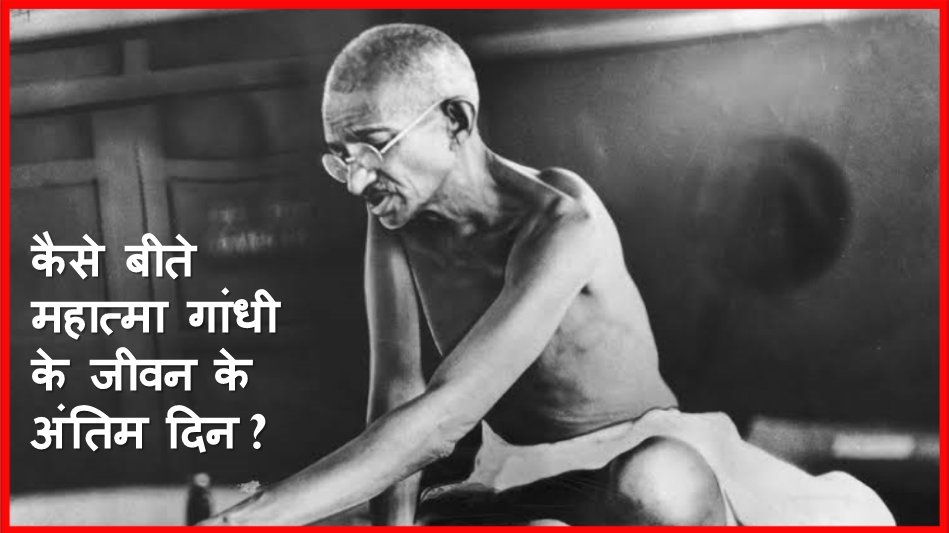The contributions of Mahatma Gandhi (1869-1948) have been regarded very highly by several of his contemporaries and those who followed. Albert Einstein said, “ I believe that Gandhi’s views were the most enlightened of all the political men of our time.” Martin Luther King Jr. said, “ Christ gave us the goals and Mahatma Gandhi the tactics.” Romain Rolland voiced similar feelings when he stated, “ Gandhi has renewed for all the people of the West, the message of their Christ, forgotten or betrayed.”
Mahatma Gandhi experimented with the not always obvious strengths of non-violence for over five decades, making a strong case for non-violence as a way of life, touching all aspects of life. His experiments and learnings can be very useful for reducing widely pervading violence in everyday life, including not just physical but also mental violence, together a huge cause of human distress.
Gendhi went much ahead of this and experimented in very creative ways with resisting injustice in non-violent ways, making this perhaps the most important mission of his many-sided life. Many social movement in India and various parts of world have been inspired by this, and continue to do so, helping to create a more just and peaceful world.
Mahatma Gandhi engaged all his life in the task of promoting inter-faith harmony and understanding. While discarding those trends of religion which move towards fundamentalism, extremism and intolerance, he was interested deeply in promoting spirituality in many creative ways to create a better, more just and peaceful world. Inter-faith harmony was a matter of deep faith for him, and in a way he died fighting for this.
One important manifestation of spirituality is to seek happiness and satisfaction in higher callings of justice and kindness rather than in material goods or sensual pleasures. If it is increasingly an ecological need to adopt a simpler life and avoid excessive consumerism, Mahatma Gandhi sought to promote spirituality in ways that would provide a firm base for this. He also continued to experiment in important aspects of health, food, nurtition and community living so that such simple but creative, healthy and satisfactory life patterns can spread more.
He emphasized priority for the needs of the poorest sections. Promotion and protection of sustainable livelihoods was emphasized by him much before this became a part of development jargon. He rejected both the prevailing trends of capitalism and communism to look in more original ways at , in the context of the needs of particular regions and people, what was needed to create a society based on justice, kindness, protection of nature, harmony and peace.
All these are very important issues for our deeply troubled world, and Gandhi’s life and work continue to inspire several important efforts of great hope for future. However we need to have more such efforts and there should be more continuity in them.
Bharat Dogra has been associated with several Gandhian social movements. He is author of Man Over Machine, a book on contemporary relevance of Gandhian ideas.









